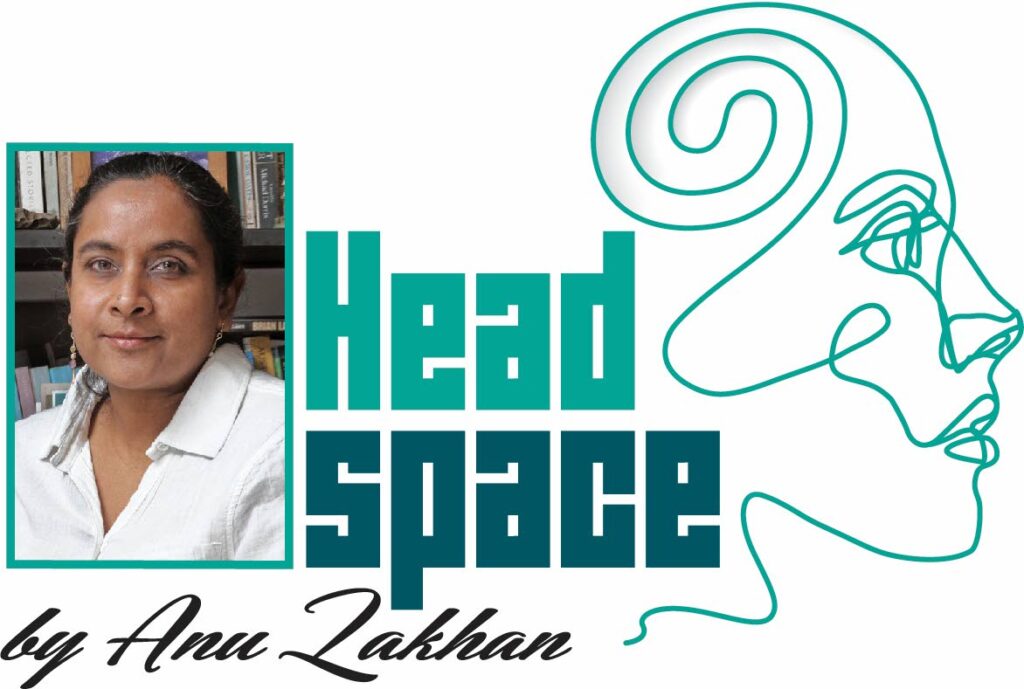One for the books – the power of stories

From the legends and myths of cultures and languages long dead to the most recent Booker Prize winner, we are surrounded by – let us call them The Great Stories. There are fairytales, folk tales and family legends that feel closer to home, and these too can definitely be great stories.
There are conversations we have about what happened at work, what the children did, and the latest government bacchanal. These too are stories, but we often don’t acknowledge them as such.
Stories are all around us, and – this really is no overstatement – stories hold us together. When we share stories, we enter into the spaces of others. And that means not just hearing about an experience, but in listening, we find our way into how and what the storyteller was thinking and feeling.
In what must surely be my absolute new favourite thing, I have discovered the concept of neural coupling.
Let’s put two people in a lab where they are connected to nifty neuro-imaging equipment.
One person tells a story and the other listens. The same areas of the brain light up for both the teller and the listener. Their brains look the same because the listener experiences what the teller is saying.
To be of one mind takes on a whole new meaning.
If we are given data or a dull data-driven presentation, we are reasonably likely to forget it (unless we take notes – and then we have to go back and look at the notes).
Stories give life to a world of statistics, scary graphs of more statistics, and other impossible-to-manage types of information. In the place where you can light up brains, scientists also found that, when presented with data, two areas of your brain light up. A story lights up the whole brain. The whole brain is engaged because the whole of you is engaged.
Or rather, the other way around. Let’s say you hear a story about a poor man who is hungry. He breaks into a bakery and steals some bread, but must flee before he can get anything else because he hears someone coming.
In every good version of this story ever told, you’re hungry within the opening lines. Now, here is the bread on the shelf. Here is its familiar shape, its comforting scent, the rustling of the packaging, the gentle way it yields to your touch – you can already taste it. All the senses are engaged when it comes to bread.
But wait, is that brioche over there (hope, desire)? You can hear the back door opening and footsteps (fear, anticipation).
No, no brioche for you and now you run for your life. Drat (disappointment, panic, flight).
This is not just about how many lights can be switched on in your brain. Now, this is personal. Now you are invested. What will become of the man? Was someone really advancing to thwart his illegal (but understandable?) endeavours? What if the person who found him was moved by his desperation and helped him instead of calling the police?
You. Are. Now. Part. Of. The. Story.
If, as I believe most of us can, we can feel so much for a fictitious person in straitened circumstances, surrounded by desirable but equally unreal baked goods, how much more can or do we feel for real people in real instances of bread larceny?
Stories make us more human. We are at our most human (I hope) when we feel empathy. When we feel.
I never really learned anything that didn’t come from something that, however loosely, might be called a story. This is why no good came of me and Form 3 physics. There were no good physics stories.
Years ago, I started reading stories – biographies, sometimes essays – about mathematicians and scientists. Their languages alien to me. But I so wanted to know how they got to what they got to: their discoveries and theories. I was sure I’d come out knowing where they lived and if they were awful people, but not that I’d understand their real work.
“Understand” might be too strong a word, but I got more than superficial facts. I can’t apply any of John Nash’s equations, but I kind of get how they came to be and why they are used here instead of there.
Be it a parable or movie; an old Anancy story or a newly-fashioned one; a news story or comedy routine – stories are all around us, helping us to understand each other and open new worlds.
Remember to talk to your doctor or therapist if you want to know more about what you read here. In many cases, there’s no single solution or diagnosis to a mental health concern. Many people suffer from more than one condition.


Comments
"One for the books – the power of stories"